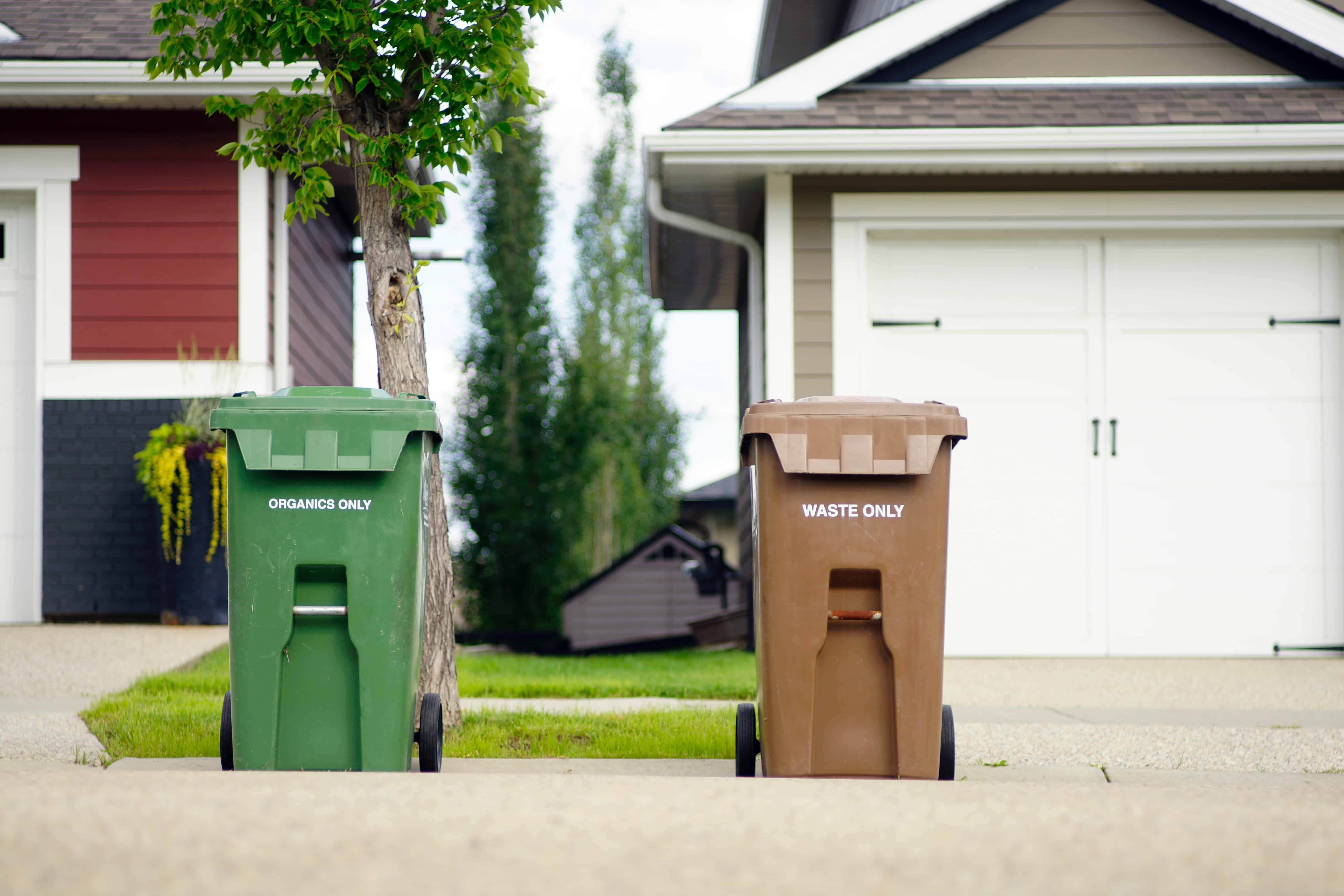As a Tenant, What are you Responsible for
For your rental to feel like home, you should establish a trusting relationship with your landlord. Disputes are bound to arise, and you should fully understand the rental agreement and acknowledge the rights and responsibilities. The best protection against future disagreements is a well-negotiated lease that addresses the worries of both parties. The lease agreement should avoid grey areas and clearly articulate the significant maintenance and payment responsibilities. The following are the most common concerns and controversial questions of tenant-landlord disputes.
Are renters responsible for mold?
There are no federal standards on mold standards in residential buildings. Only a few states, New Jersey, Virginia, Maryland, Indiana, California, and Texas, adopted health codes that set mold thresholds for indoor environments. Even though most states didn’t legislate the mold provisions, providing a habitable residence is a universal rule across all state jurisdictions. Landlords must disclose any potential health hazards before the lease signing and remove any hazards that make the residence uninhabitable. Mold can be considered one of such risks.
The landlord should address any mold that results from the structural problems with plumbing, isolation, and ventilation as part of maintenance and repair. However, mold caused by unsanitary living habits cannot be pinned on the landlord. If the mold colony appeared in the corner of the room where tenants piled the dirty, wet clothes, it is reasonable to expect that he would clean it up. Nevertheless, there are a lot of gray areas when it concerns mold since sometimes it is hard to determine what caused the problem.
Are renters responsible for cleaning gutters?
This responsibility concerns renters and landlords of single-standing houses and single-family homes. When you live in a house like that, your maintenance duties usually include lawn mowing and bush cutting. If your lease agreement specifies that the tenant is responsible for “exterior maintenance” and “landscaping,” cleaning the gutters might be on your to-do list.
However, the argument goes both ways: the house’s landlord is usually responsible for the home exterior and keeping the outside walls and roof in good shape. Therefore, since the gutters are part of the roof drainage, the landlord is expected to take care of them. It is uncommon for landlords to put responsibility for gutter cleaning on the tenant. It is a dangerous task for a tenant not equipped with appropriate tools and skills and additional liability for a landlord. To avoid any misinterpretation, the responsibility regarding gutter cleaning should be defined in the lease.
Are renters responsible for light bulbs?
There are no established legal practices regarding this matter. The responsibility regarding the light bulbs should be articulated in the lease agreement. As a rule, tenants are responsible for replacing light bulbs in the apartment, while the landlord is responsible for light bulbs outside and in the common areas.
Are renters responsible for pest control?
The landlord is generally responsible for pest control and preventing future infestation. That includes closing all the cracks and gaps in the exterior walls, sealing the openings used for utilities, covering the chimneys and vents with wire mesh, etc. If the rental was not properly safeguarded against infestation, the responsibility falls on the shoulders of the landlord. However, if the unsanitary habits of the renter lead to an infestation, then the tenant can be deemed responsible for pest control. If the tenants frequently leave the food out and do not clean the kitchen sink or wash the floors, the pests can choose the rental as their new residence. Landlords have to prove that the tenants caused the infestation, gather evidence, document the state of the apartment before and after the move-in, and gather proof of the unsanitary conditions.
Are renters responsible for water damage?
Water damage is one of the main reasons for concern for renters and landlords. It is common damage related to the improper functioning of pipes and plumbing. Roof leaks can also cause it. The legal framework is pretty straightforward; the landlord has to provide a safe and habitable environment for the renters. Pipe and roof leaks make the environment unhealthy and uninhabitable for the renters and must be mitigated by the landlord.
The tenant is responsible for preventing further water damage by promptly informing the landlord about the problem. Additionally, the tenant can demand reimbursement in case the personal possessions are damaged.
Are renters responsible for property taxes?
Property taxes are assigned by the state and local government to a person who owns the property. The size of the tax is determined on a case-by-case basis since the landlord can claim a deduction on its federal tax return. If the landlord pays the mortgage on the rental property, the tax payments may be included in the mortgage payments. Normally, the landlords pay taxes for their assets by themselves. Nevertheless, it is not illegal to mandate renters to pay the property tax directly to the bank, local, or state government, but it is not a default assumption and has to be stated in the lease. This is an extremely rare practice that requires needlessly complicated procedures.
Are renters responsible for carpet replacement?
Tenants cannot be charged for what constitutes normal wear and tear. It is natural that some of the amenities lose their gloss during the lease. It is considered normal wear and tear if the carpet does not have tears, rips, or serious stains that can be removed by routine cleaning. In this scenario, the landlord has to pay for the cleaning.
When the carpeting is badly damaged or has stains that require dry cleaning, a landlord can charge the tenant with the cleaning costs or even require a replacement. This damage enables the landlord to withhold part of the security deposit during the move-out. If such a situation arises, you need to check the age of the carpet; if it is beyond the carpet’s life expectancy, you can dispute these claims. To do it, you should take pictures of the carpeting during the move-in to document its state.

Are renters responsible for garbage?
Timely garbage disposal is crucial for sanitary living conditions. Most cities and villages provide garbage pick-up and waste disposal services for a reasonable fee. Ordinarily, tenants are responsible for this fee through a lease clause or as a part of the rent payment. If the area of your residence does not have regular trash disposal services, you should work around an arrangement with your landlord and contract a third-party provider.
Are renters responsible for septic tanks?
Septic tanks are uncommon for big apartment buildings and pertain to single-standing houses. It is a rather archaic system. Inappropriate use of these onsite sewage facilities can significantly shorten its lifespan and cause damage. Septic tanks are a vulnerable part of this sewage infrastructure that requires special attention from residents. For this reason, many landlords include a separate provision in the lease regarding the septic system, but it is hard to enforce. The general rule to prolong the well-being of the septic tank is to treat grease, oils, and solid wastes as trash and not to wash them down the drain. Maintaining the sewage system, such as tank pumping and septic treatment, is the landlord’s responsibility, but the tenant can be charged for negligent use.
Are renters responsible for clogged drains?
As stated above, the landlord is responsible for safe and habitable conditions, including properly functioning plumbing and sewage systems. The landlord has to ensure that plumbing follows the building ordinances and housing codes and ensures its proper functioning. The landlord is fully responsible for the repairs if the clogged drains are caused by flawed plumbing parts or defective design. The tenant is responsible for the plumbing repairs when drains are clogged by negligent use.
Are renters responsible for HOA fees?
There are no set practices regarding this matter on the local and state level. Thus, the lease has to define it, and the designated party would be responsible for paying HOA fees. In general, landlords usually pay for the HOA fees themselves since any delays and missed payments are a reason for the HOA to initiate the house’s foreclosure. Usually, the landlord factors the HOA fees into the rent payment. Alternatively, if this were stipulated in the lease agreement, the tenant would pay this fee directly to the association.








Write Your Comment